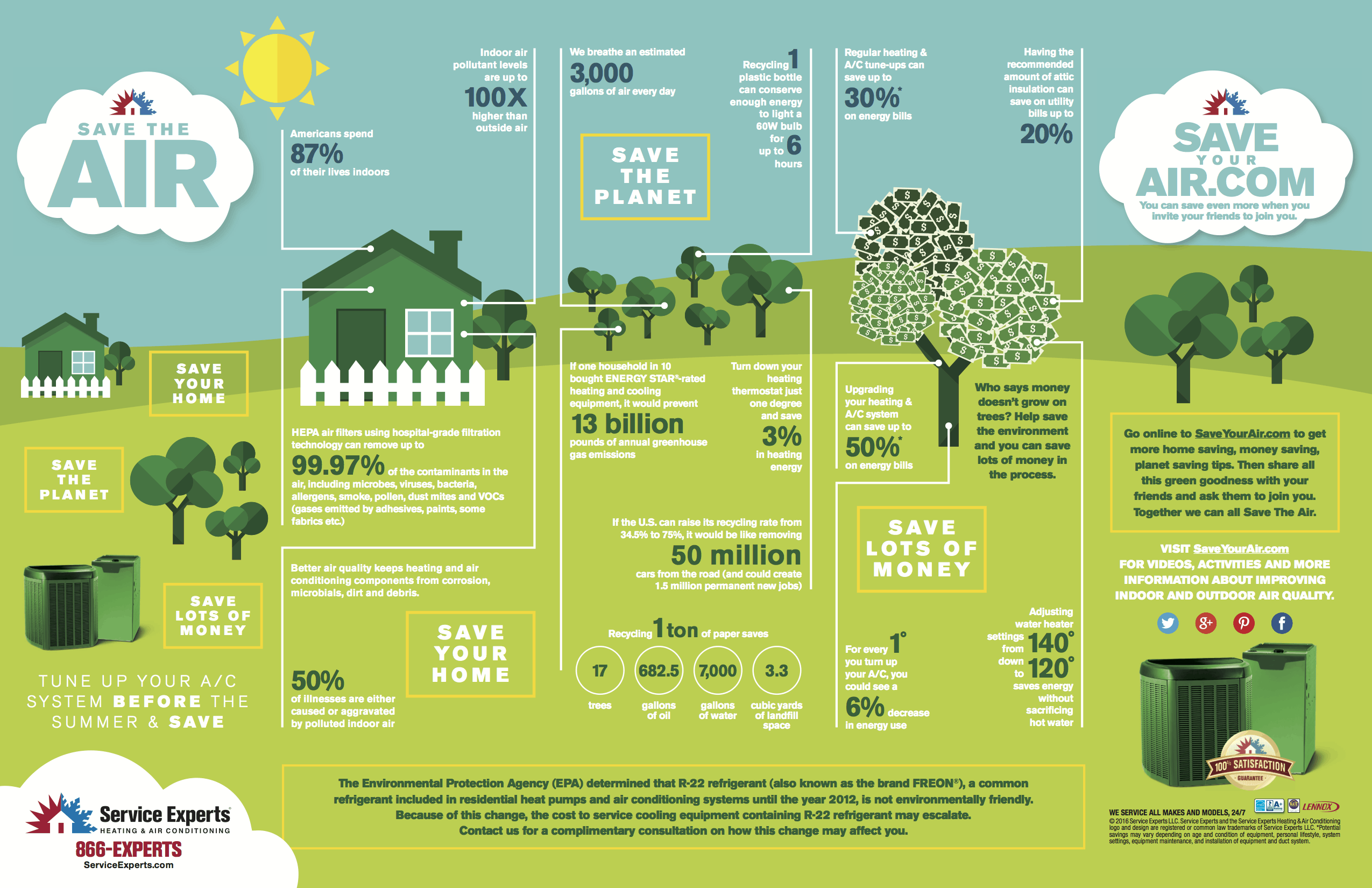The Future Of Home Home Heating - Exactly How Heatpump Modern Technology Is Evolving
The Future Of Home Home Heating - Exactly How Heatpump Modern Technology Is Evolving
Blog Article
Post Created By-David Oliver
Heat pumps will be an important technology for decarbonising heating. In a situation regular with federal governments' introduced energy and environment dedications, their worldwide capability doubles by 2030, while their share in heating rises to one-quarter.
They function best in well-insulated homes and rely upon electrical energy, which can be provided from an eco-friendly power grid. Technological advancements are making them extra reliable, smarter and less expensive.
Gas Cells
Heat pumps make use of a compressor, refrigerant, coils and fans to relocate the air and heat in homes and home appliances. They can be powered by solar energy or electricity from the grid. They have actually been getting appeal because of their low cost, peaceful operation and the capacity to create electricity during peak power need.
Some business, like IdaTech and BG MicroGen, are dealing with fuel cells for home heating. These microgenerators can change a gas boiler and create some of a house's electrical needs with a link to the electrical energy grid for the rest.
Yet there are factors to be skeptical of using hydrogen for home heating, Rosenow claims. It would be costly and ineffective compared to various other innovations, and it would certainly contribute to carbon emissions.
Smart and Connected Technologies
Smart home technology allows homeowners to attach and manage their tools remotely with making use of mobile phone applications. As an example, wise thermostats can learn your heating preferences and instantly get used to maximize energy intake. Smart illumination systems can be regulated with voice commands and automatically turn off lights when you leave the space, minimizing energy waste. And just click the following web page can check and manage your electrical usage, allowing you to identify and limit energy-hungry devices.
The tech-savvy house portrayed in Carina's interview is an excellent picture of how residents reconfigure space heating methods in the light of brand-new wise home innovations. They depend on the gadgets' automated attributes to carry out everyday adjustments and concern them as a hassle-free means of conducting their heating techniques. Because of this, they see no reason to adjust their practices further in order to make it possible for versatility in their home power need, and interventions targeting at doing so may face resistance from these houses.
Electricity
Because heating homes represent 13% of US emissions, a switch to cleaner options could make a big difference. But the innovation deals with difficulties: It's costly and needs considerable home improvements. And it's not always suitable with renewable energy sources, such as solar and wind.
Until recently, electric heat pumps were as well expensive to compete with gas models in the majority of markets. Yet brand-new advancements in style and materials are making them extra affordable. And much better cold environment performance is enabling them to work well even in subzero temperature levels.
The next action in decarbonising home heating may be making use of warmth networks, which draw warmth from a main resource, such as a nearby river or sea inlet, and disperse it to a network of homes or structures. That would certainly minimize carbon exhausts and enable houses to capitalize on renewable energy, such as eco-friendly electrical power from a grid supplied by renewables. This alternative would certainly be much less pricey than switching to hydrogen, a nonrenewable fuel source that needs brand-new infrastructure and would only lower CO2 emissions by 5 percent if coupled with enhanced home insulation.
Renewable Energy
As electrical power rates drop, we're beginning to see the same pattern in home heating that has actually driven electric automobiles right into the mainstream-- but at an even faster pace. The strong climate instance for electrifying homes has been pressed further by brand-new research.
Renewables account for a significant share of contemporary heat consumption, yet have actually been given limited plan attention worldwide compared to various other end-use markets-- and even less focus than electrical power has. Partly, this mirrors a mix of consumer inertia, split rewards and, in numerous countries, aids for nonrenewable fuel sources.
New innovations can make the shift less complicated. As click this site , heatpump can be made extra energy effective by changing old R-22 refrigerants with new ones that do not have the high GWPs of their predecessors. Some professionals also envision district systems that attract warmth from a nearby river or sea inlet, like a Norwegian arm. The warm water can then be utilized for heating & cooling in a community.